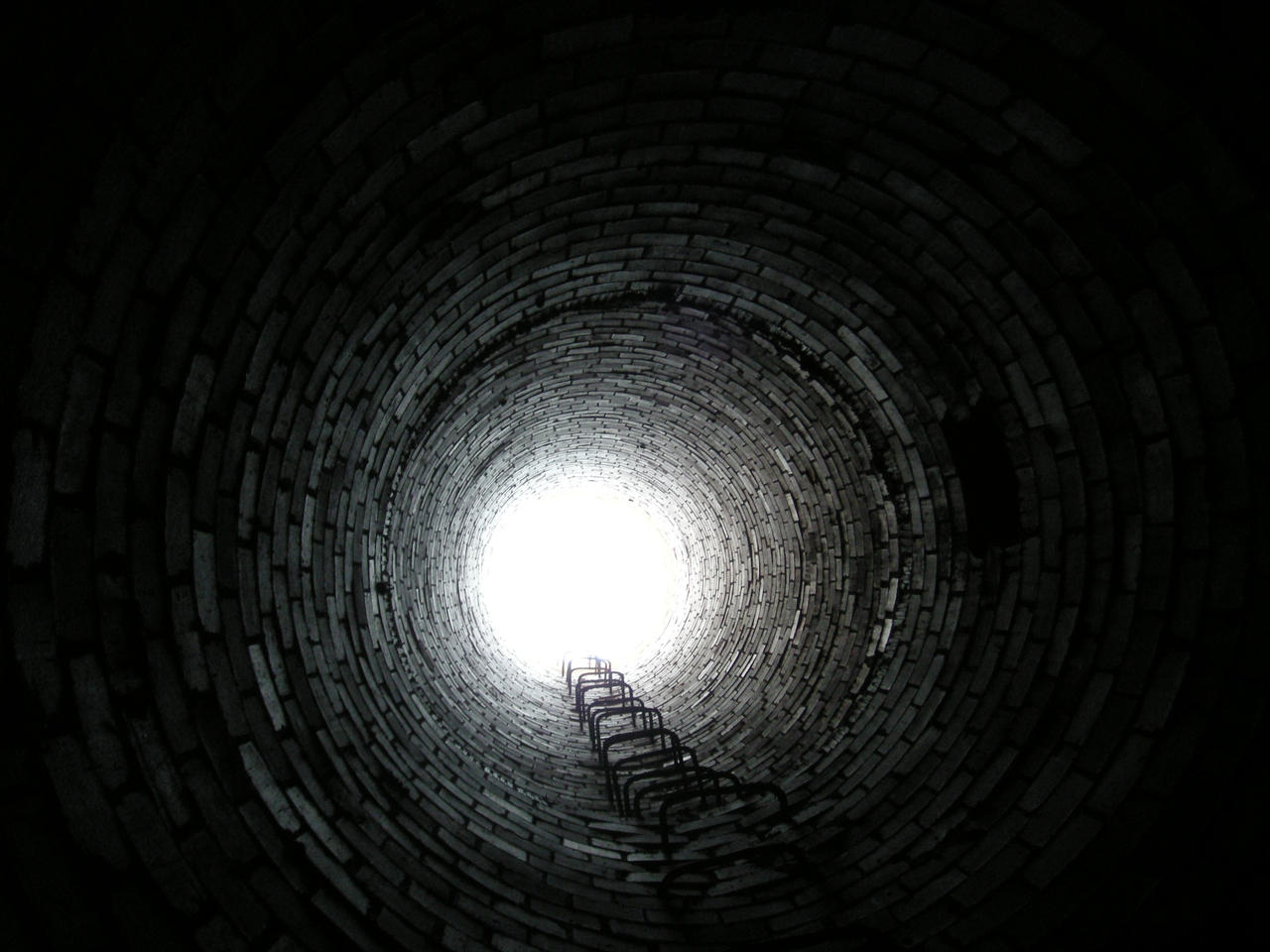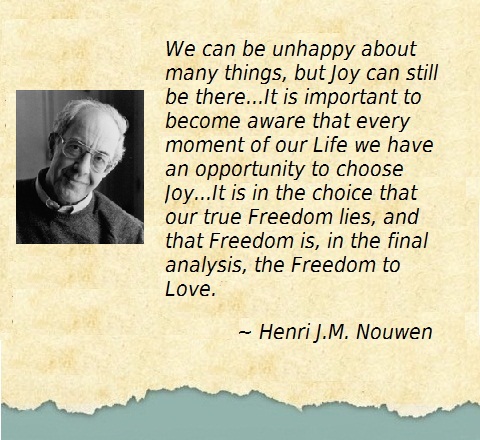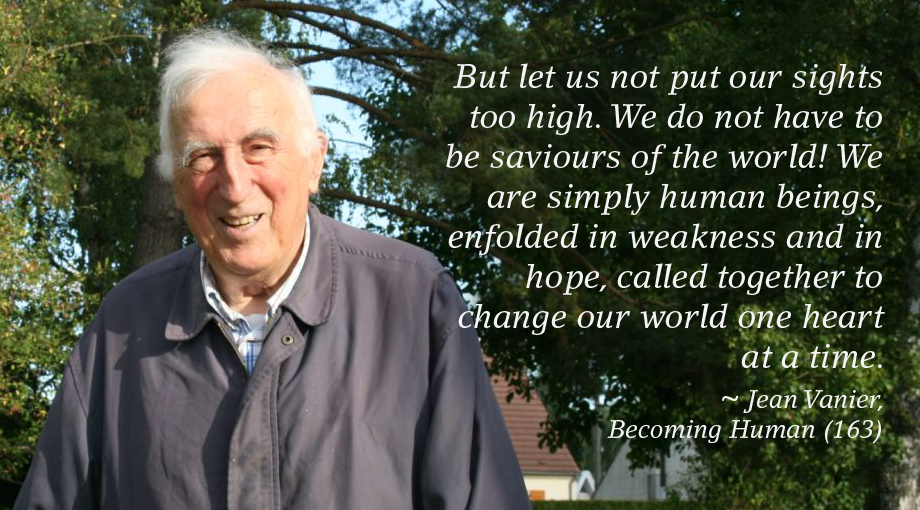
The following is a excerpt from Henri Nouwen's On Dying and Caring. He speaks about two kinds of joy and paints an image of what it means to die a peaceful death. I hope this resonates with all of you as it did with me.
____________________________
Two of the
greatest joys experienced are the joy of being different from others and the
joy of being the same as others. The first of these I saw while watching the
1992 Olympics in Barcelona on television. Those who stood on the rostrum and
received their bronze, silver, and gold medals experienced joy as the direct
result of being able to run faster, jump higher, or throw farther than others.
The difference might have been extremely small, but it had great significance.
It was the distinction between defeat and victory, between rueful tears and
ecstatic joy. This is the joy of the hero and the star, the joy that comes from
successfully competing, winning the prize, receiving the honor, and walking
into the limelight.
I know this joy
myself. I know it from getting an award at school, from being chosen the leader
of my class, from receiving tenure at the university, and from seeing my books
published and receiving honorary degrees. I know the immense satisfaction that
comes from being considered different from others. These types of achievements
dispel self-doubts and bestow self-confidence. This is the joy having “made
it”, the joy of being recognized for making a difference. We all wait for this
joy somewhere, somehow. It remains the joy of the one who said, “I thank you God,
that I am not like everyone else” (Luke 18:11-12).
The other kind
of joy is harder to describe but easier to find. It is the joy of being the
brother or sister of all people. Although this joy is closer at hand-more
accessible-than the joy of being different, it is not as obvious, and only a
few people ever truly find it. This is the joy of being a part of that vast
variety of people-of all ages, colors, and religions-who together form the
human family. This is the immense joy of being a member of the human race.
At several times
in my life, I have tasted this joy. I felt it most acutely in 1964, when I
walked with thousands of people in Alabama from Selma to Montgomery in a civil
rights march led by Martin Luther King, Jr. I will never forget the joy I
experienced during that march. I had come by myself. Nobody knew me-nobody had
ever heard of me-but when we walked together and put our arms around each
other’s shoulders and sang “We shall overcome one day,” I experienced a joy I
had never experienced before in my life. I said to myself, “Yes, yes, I belong;
these are my people. They may have different way of life, but they are my
brothers and sisters. They love me, and I love them. Their smiles and tears are
my smiles and tears; their prayers and prophecies are my prayers and
prophecies; their anguish and hope are my anguish and hope. I am one with
them”.
In an instant,
all differences seemed to melt away as snow in the sun. All my comparing
disappeared, and I felt surrounded by the welcoming arms of all humanity. I was
aware that some of the people with whom I held hands had spent years in prison,
were addicted to drugs or alcohol, suffered from loneliness and depression, and
lived lives radically different from mine, but they all looked to me like saints,
radiant with God’s love. They were indeed God’s people, immensely loved and
radically forgiven. All I felt was a deep sameness, a profound communion with
all people, an exhilarating sense of brotherhood and sisterhood.
I am convinced
that it is this joy-the joy of being the same as others, of belonging to one
human family-that allows us to die well. I do not know how I or anyone else
could be prepared to die if we were mainly concerned about trophies we had
collected during our best years. The great gift hidden in our saying is the
gift of unity with all people. However different we are, we were all born
powerless, as we all die powerless, and the little differences we live in
between dwindle in the light of this enormous truth. Often this human truth is
presented as a reason to be sad. It is not seldom called a “sobering truth”.
Our greatest challenge is to discover this truth as a source of immense joy
that will set us free to embrace our mortality with the awareness that we will
make our passage to new life in solidarity with all the people of the earth.
A good death is
a death in solidarity with others. To prepare ourselves for a good death, we
must develop or deepen this sense of solidarity. If we live toward death as
toward an event that separates us from people, death cannot be other than a sad
and sorrowful event. But if we grow in awareness that our mortality, more than
anything else, will lead us into solidarity with others, then death can become
a celebration of our unity with the human race. Instead of separating us from
others, death can unite us with others; instead of being sorrowful, it can give
rise to new joy; instead of simply ending life, it can begin something new.
Henri Nouwen, Our Greatest Gift: A Meditation on Dying and Caring, Pages
21-24.












